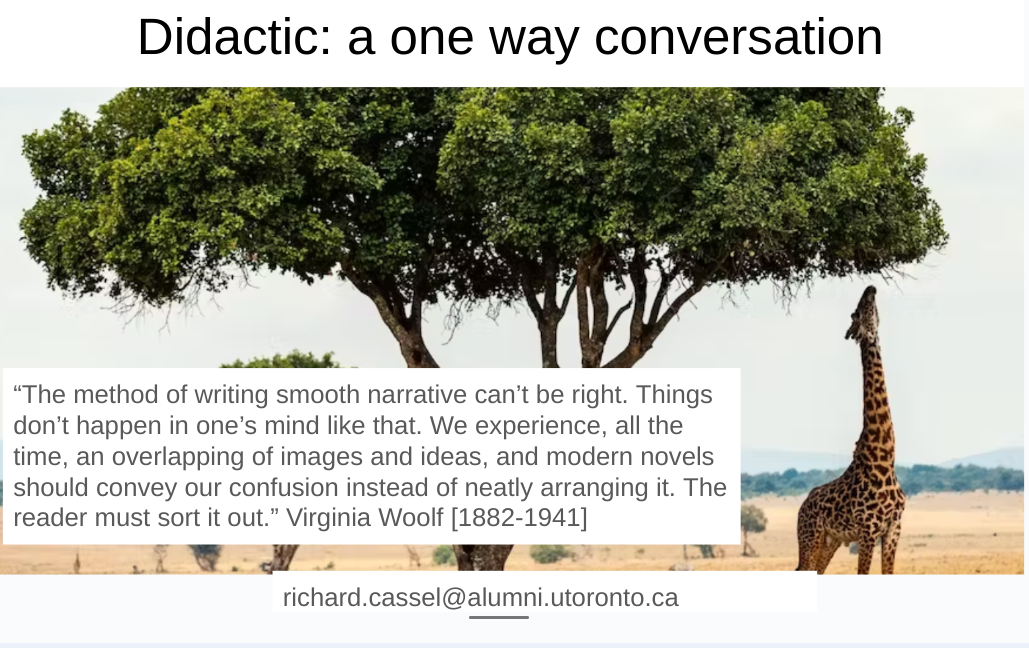
A review by James Warren, who can be contacted here: jimwarren55@gmail.com
Here, psychoanalyst Janet Hadda, having been allowed access to those hospital records by Ginsberg's estate, writes that,
Traditionally, scholars have held that this hospitalization was, at best, a hiatus in Ginsberg's creativity and, at worst, led to an attempt by the doctors there to squelch his genius and suppress his homosexuality. Using unpublished hospital records, the present article argues that Ginsberg's time as a patient, while brief and unheralded, allowed him a safe and protected environment in which to experience the chaos that had always shadowed his existence. This period in Ginsberg's life, far from harming him, allowed him to decompensate, recover, and become the poet of 'Howl,'" his influential 1956 collection.She concludes:
In the end, Ginsberg's poetry itself is testimony to his freedom. If 'Howl,' 'Kaddish,' and other works sometimes describe forms of mental illness--paranoia, hallucination, obsession, mania, and the like--the poet himself remained lucid and self-aware.An earlier reference to the Beat Generation here.
Perhaps he was able to venture further than most people into an uncontrolled realm because he had lost his psychological integrity and suffered what others are terrified to experience. But then, unlike [his schizophrenic mother] Naomi, he returned to sanity and he knew that he was safe. What he most dreaded had already happened, and he could proceed--in his life and in his art--with enviable guts and brio.
